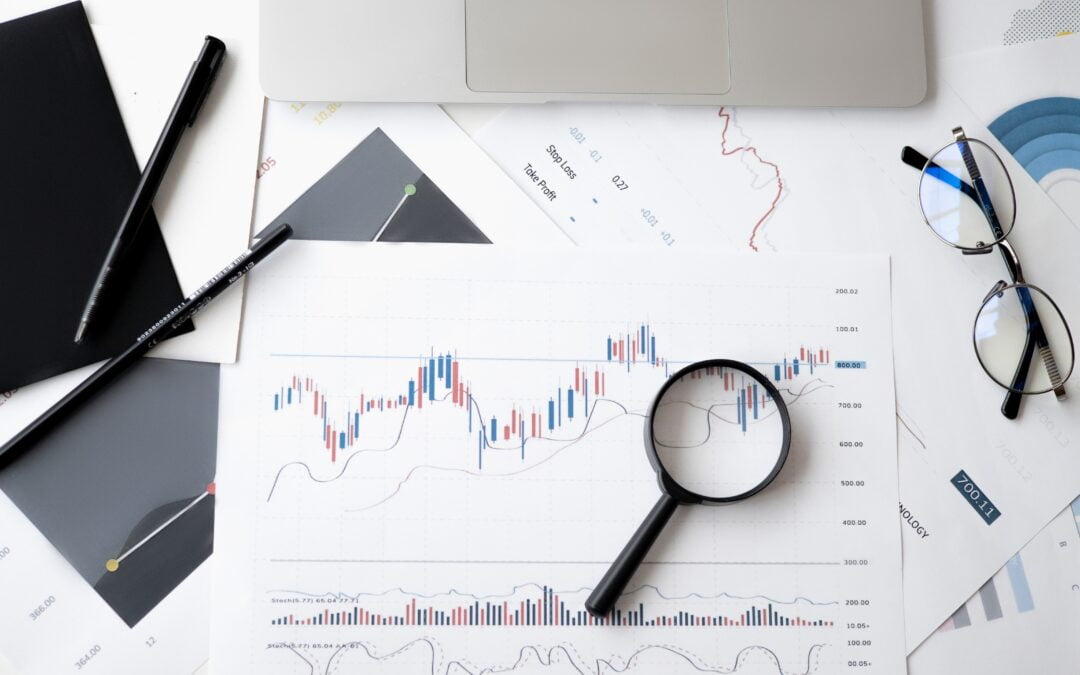Whether you’re a seasoned trader or just getting started, mastering your day trading psychology can help you achieve your objectives.
Many traders often underestimate the power of day trading psychology in achieving positive results. They focus on planning and technical strategies, yet their results keep disappointing them. How can you avoid falling into the same trap as a full-time or part-time day trader? It’s all about psychology!
Sadly, amateur traders don’t realize that psychology is the foundation of day trading success. They simply ignore emotional intelligence. While technical indicators certainly contribute to the winning formula, how you think, feel, and act affects whether you will succeed or fail as a trader. To be a successful day trader, you need a strong work ethic, but you also need mental fortitude to balance your emotions and perceptions.
Below, we’ll discuss relevant information and tips on how to stay focused during day trading.
Why Psychology Is Crucial When Day Trading
Trading psychology is the mental and emotional factors that can influence your trading decisions. It’s about controlling the emotional part of trading to manage risk and stay positive when the going gets rough.
You might think that day trading is all about strategy, but it’s not. Strategy is only part of it; psychology plays a big role too. It accounts for 80% of your success or failure. Simply put, psychology helps you stay focused and calm, which means that you can make better decisions.
Like any other form of market trade, day trading is like a rollercoaster. It’s exciting and thrilling but can also be stressful. In short, there are a lot of things going on at once. You have the market itself, which is constantly changing and moving on its own. At some point, you’ll probably experience a losing streak or even blow your account. Then, you have your emotions and reactions to those situations and market changes.
However, if you understand how your brain works under stress (or even just everyday situations), it will be much easier to manage different situations without letting them affect your decision-making process too much.
While nobody can guarantee results, being mindful of your trading psychology can help you succeed in your career. Psychology allows you to control your emotions better and respond more rationally. You’ll learn to keep going and stay in the game, no matter the gains or losses you make in your trades.
Tips on How To Stay Focused When Day Trading
Trading is like playing a sport. Eagerness to win the game requires mental stamina. As mentioned, a brilliant strategy is only a part of the equation. If you can’t keep your emotions in check and stay disciplined, you risk losing profit.
It’s human nature to have fear, greed, and ambition. And with money involved, these feelings can creep in and become even stronger. The following psychology tips will help you maintain your sanity and stay focused or disciplined when trading.
Think of Your Long-term Goals
Understand that trading isn’t always a win. Once in a while, you’ll win. Sometimes you’ll lose. That’s the nature of it. If possible, don’t focus too much on immediate results. Your long-term strategy is to make money, so consider this when making decisions. Techniques that consider both wins and losses while keeping the long-term picture in mind will help you make better decisions. You may not make gains today, but tomorrow is a new day.
Recognize Great Day Trading
Most traders fail to recognize a good day of trading. They focus on their losses, which are part of the game. It’s natural to experience losses sometimes, especially when making multiple trades in a day. The best way to respond to these losses isn’t revenge trades but patience and determination. Trading is a process of refining an edge that can give you profits after accounting for losses. That said, accept small losses and focus on achieving profitability over time.
Control Greediness
One of the common causes of trading failures is greed. Often, traders will deviate from their planned strategy due to greediness. When they see that the market is in their favor, they hold longer, hoping for more profits. This is a perfect example of a poor decision because you let your emotions guide your actions. The point is to have discipline and stick to your strategy. You may also reassess and revise your strategy based on your current performance and lessons learned.
Overcome Fear
As mentioned, a great trader accepts and embraces losses. If today you lost $500, maybe tomorrow will be a good day. The key isn’t to let fear get the better of you. Losses can be disheartening and make you feel hesitant. If you let hesitation and fear rule you, you might overlook opportunities that could turn your losses into profits. When you feel like your confidence has taken a hit, remember that you have a risk management plan to mitigate losses.
Foster a Supportive Environment
The company you keep affects your psychology when it comes to trading. People around you can influence your fear, greed, and enthusiasm. It may be better to trade alone in a quiet place to keep your focus. If you can’t avoid having company, ensure that these are friends or family who understand what you’re doing. These can also be like-minded traders trying to enhance their skills, not blame the markets. Remember that negative thoughts contribute to poor psychology, so it’s best to surround yourself with positive influences.
The Bottom Line
At the end of the day, trading isn’t all about how much you know. It’s how disciplined and consistent you are with your actions. We hope the information and tips above will help you win the mental game of trading.








